Across continents and centuries, people have lifted their voices, lit their candles, and gathered in joyful assembly—not merely for entertainment, but in reverence. Religious festivals are more than just dates on a calendar. They are moments that draw us closer to the Divine, closer to our communities, and ultimately, closer to ourselves.
At Spiritual Culture, we believe these celebrations are the soul’s way of remembering its connection to something greater. In every culture, from the bustling streets of India during Diwali to the silent prayers of Ramadan’s twilight, we see a deep hunger for meaning, transcendence, and unity.
This article invites you on a sacred journey through some of the world’s most beloved religious festivals. We will explore the heart behind the holy days—what they reveal about the cultures that hold them, and the universal longings they fulfill.
The Spiritual Power of Celebration
Celebrations as Sacred Rhythms
Religious festivals do more than break the monotony of the year. They create spiritual rhythm. Just as seasons mark the cycles of nature, festivals mark the soul’s return to what matters most—gratitude, humility, joy, and reverence. Whether it’s the lighting of lamps, the breaking of fasts, or the singing of ancient hymns, these rituals are reminders of the eternal within the everyday.
From Tradition to Transformation
Many festivals were born out of historical or mythological events, but their impact today reaches far beyond memory. They become catalysts for transformation, calling people to forgive, reflect, give, and awaken. The festival becomes not just a tradition, but a turning point.
“For everything there is a season, and a time for every matter under heaven… a time to mourn, and a time to dance.” — Ecclesiastes 3:1,4
Hinduism: Lights, Colors, and Inner Triumph
Diwali – The Festival of Lights
Arguably the most iconic Hindu festival, Diwali celebrates the victory of light over darkness and good over evil. Families clean their homes, light diyas (lamps), and decorate with rangoli art. Fireworks, feasting, and gift-giving abound—but the heart of Diwali is spiritual illumination.
In Hindu belief, Diwali commemorates the return of Lord Rama to Ayodhya after defeating the demon king Ravana. It also honors Lakshmi, goddess of wealth, inviting prosperity through purity and devotion.
“Lead me from darkness to light, from ignorance to wisdom, from death to immortality.” — Brihadaranyaka Upanishad 1.3.28
Holi – The Festival of Colors
Known for vibrant color play and joyous revelry, Holi marks the arrival of spring and celebrates the divine love of Radha and Krishna. But at its heart, Holi is about renewal. It invites participants to shed resentments and start anew.
Islam: Fasting, Feasting, and Faith
Ramadan and Eid al-Fitr
For Muslims around the world, Ramadan is a sacred month of fasting, prayer, and reflection. Fasting from dawn to sunset isn’t merely abstinence—it’s a discipline that fosters spiritual clarity and compassion.
Eid al-Fitr, the festival that concludes Ramadan, is a day of joyful prayer, communal meals, and acts of charity (zakat al-fitr). It is a celebration of endurance, purification, and divine mercy.
“O you who believe, fasting is prescribed for you as it was prescribed for those before you, that you may become righteous.” — Qur’an 2:183
Eid al-Adha – The Festival of Sacrifice
Eid al-Adha commemorates the willingness of Abraham (Ibrahim) to sacrifice his son in obedience to God. It invites reflection on trust, submission, and the cost of faith. Families honor the story by offering sacrifices and sharing with the less fortunate.
Christianity: From Silent Nights to Risen Hope
Christmas – The Birth of Hope
More than just a winter holiday, Christmas celebrates the Incarnation—God becoming man through the birth of Jesus Christ. From nativity scenes to candlelit services, Christians rejoice in the miracle of love entering the world.
“For unto us a child is born… and his name shall be called Wonderful Counselor, Mighty God, Everlasting Father, Prince of Peace.” — Isaiah 9:6
Easter – The Resurrection
Easter stands at the heart of Christian faith. It proclaims life from death, redemption from sin. Celebrated with sunrise services and cries of He is risen!, Easter honors the resurrection of Jesus—a triumph over the grave and the promise of eternal life.
Judaism: Remembrance and Renewal
Passover – Liberation Through Faith
Passover commemorates the Israelites’ deliverance from slavery in Egypt. During the seder meal, families retell the story of the Exodus, eat symbolic foods, and reaffirm their identity as a people chosen and freed by God.
“Remember this day… for by a strong hand the Lord brought you out from this place.” — Exodus 13:3
Yom Kippur – A Day of Atonement
The holiest day in Judaism, Yom Kippur is marked by fasting, repentance, and solemn prayer. It is a day to reckon with one’s soul, seek forgiveness, and resolve to walk in righteousness.
Buddhism: Mindfulness in Celebration
Vesak – Honoring the Buddha’s Life
Vesak celebrates the birth, enlightenment, and death (parinirvana) of Gautama Buddha. It is a day of quiet reverence, almsgiving, and meditation. Lanterns are lit in many cultures to symbolize the light of wisdom dispelling ignorance.
“Radiate boundless love towards the entire world… Let none deceive another.” — Metta Sutta
Obon – Honoring Ancestors
In Japan, Obon is a time to remember and honor deceased ancestors. Families return to ancestral homes, clean graves, and perform traditional dances (bon odori). It reflects the Buddhist value of gratitude and interconnection with those who came before.
Indigenous and Tribal Spiritualities: Harmony with Nature
Inti Raymi – Incan Festival of the Sun
Celebrated in Peru, Inti Raymi honors the sun god Inti and the agricultural cycle. Through dance, ritual, and feasting, indigenous communities express reverence for the Earth and its gifts.
Native American Ceremonies
Many Native American tribes hold seasonal festivals—like the Green Corn Ceremony or the Sun Dance—rooted in gratitude, balance, and communion with the natural world. These are not “holidays” in a modern sense, but sacred participations in the cycles of life.
Sikhism: Service and Sacred Courage
Vaisakhi – Birth of the Khalsa
Vaisakhi celebrates the founding of the Khalsa (the Sikh brotherhood) by Guru Gobind Singh in 1699. It’s a day of processions, community service, and reaffirmation of Sikh values like courage, equality, and devotion to God.
“Recognize the human race as one.” — Guru Gobind Singh Ji
Bahá’í Faith: Unity in Diversity
Naw-Rúz – New Year and Spiritual Renewal
Naw-Rúz marks the Bahá’í New Year, coinciding with the spring equinox. It celebrates renewal of the spirit and the oneness of humanity. Simple gatherings, music, and prayer underscore the Bahá’í commitment to unity, peace, and progress.
“So powerful is the light of unity that it can illuminate the whole earth.” — Bahá’u’lláh
Secular Societies: The Hunger for Sacred Celebration
Even in increasingly secular societies, the desire for collective meaning persists. People still gather for shared moments—whether in winter solstice festivals, interfaith events, or community rituals that blend ancient symbols with modern expressions.
This shows us something profound: the human heart is wired for worship, for wonder, and for belonging.
Reflect and Reimagine
From ancient temples to modern city streets, from fasting at dawn to fireworks at night, the world’s religious festivals remind us that faith is not just believed—it is lived. It sings. It dances. It gathers. It gives.
At their best, festivals of faith unite us in our highest selves. They turn doctrine into devotion, memory into mission, tradition into transformation.
So wherever you find yourself this season—whether lighting a candle, sharing a meal, or sitting in silent prayer—may you feel the deeper invitation behind the ritual:
To awaken.
To remember.
To rejoice.
With you in every sacred step,
— Spiritual Culture
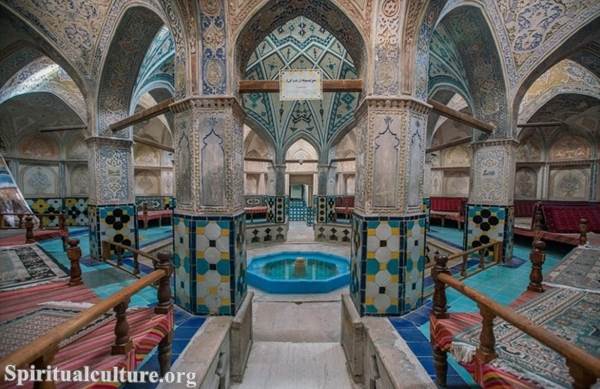
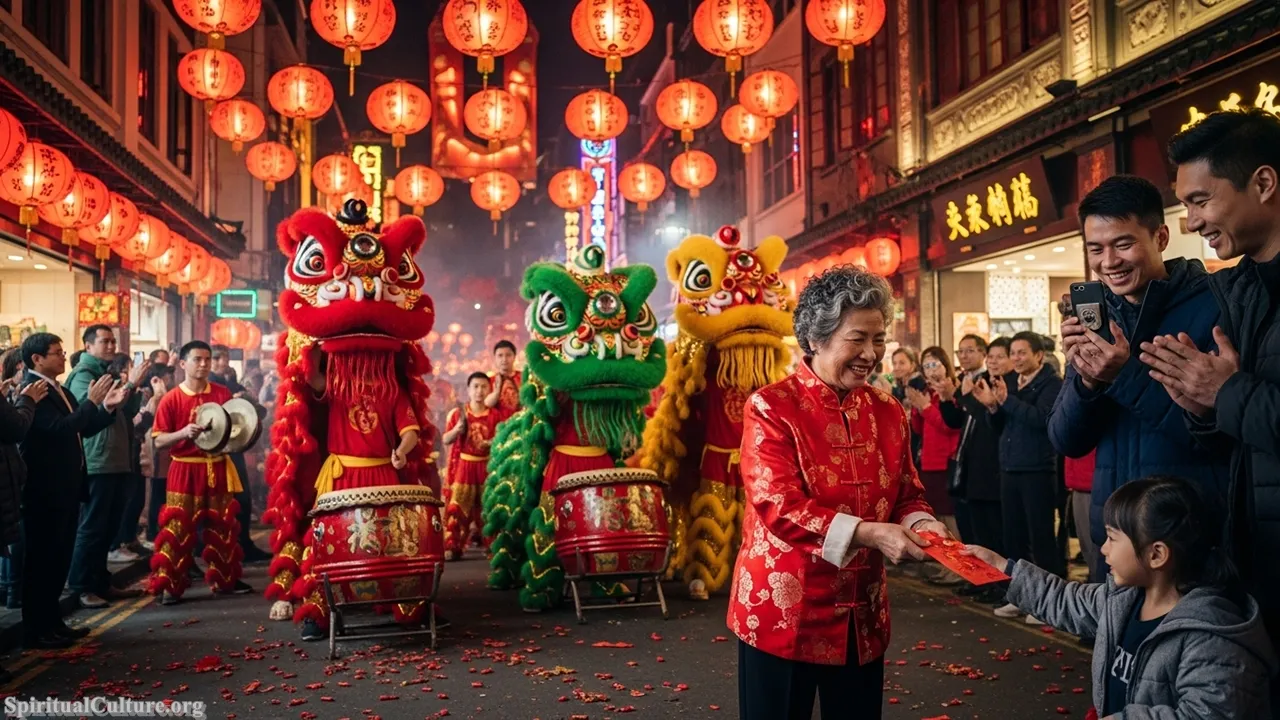

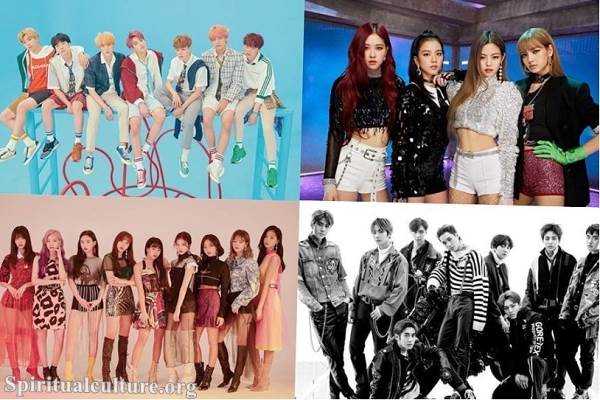
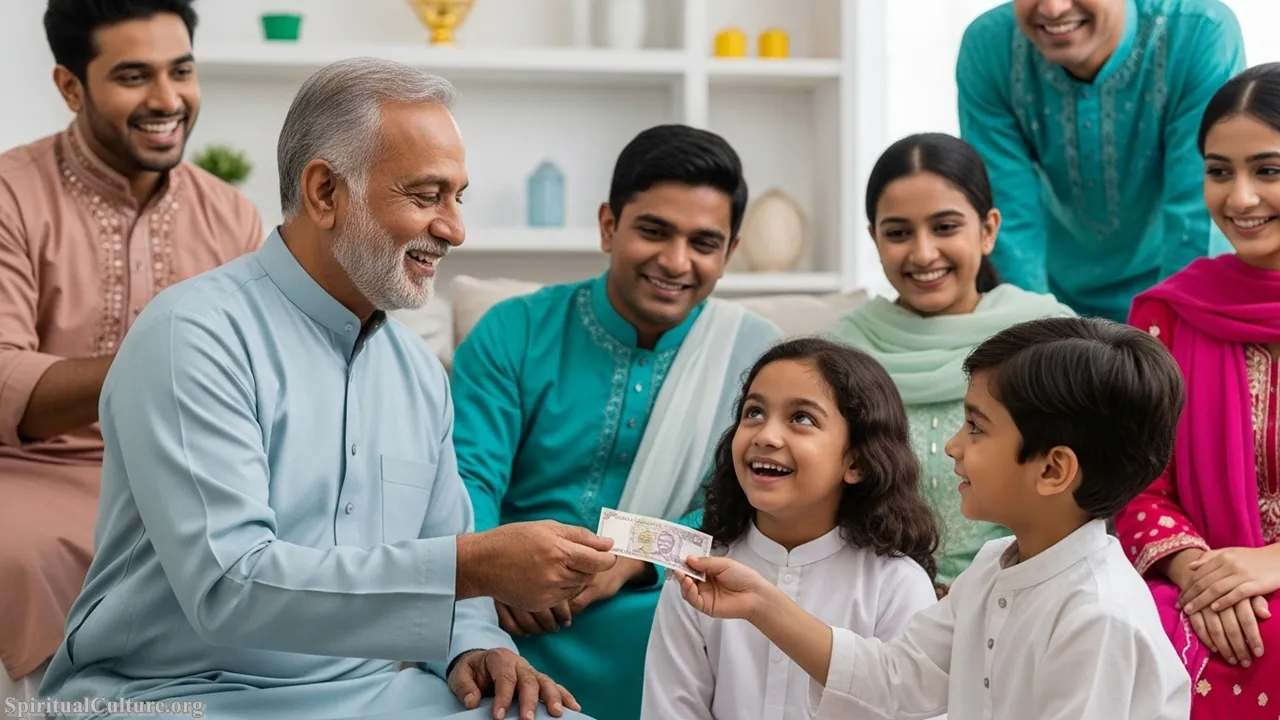
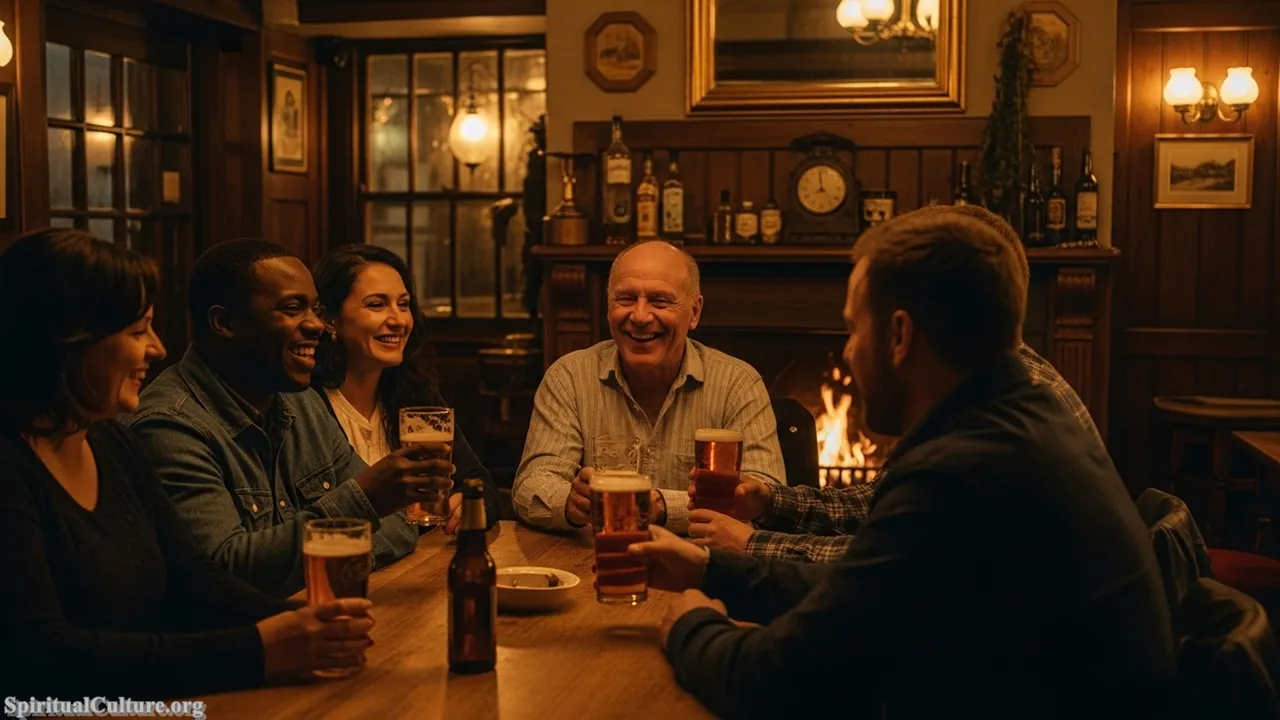
PLS IMFORM ME ABOUT THE CONTENT OF FESTIVAL OF FAITH